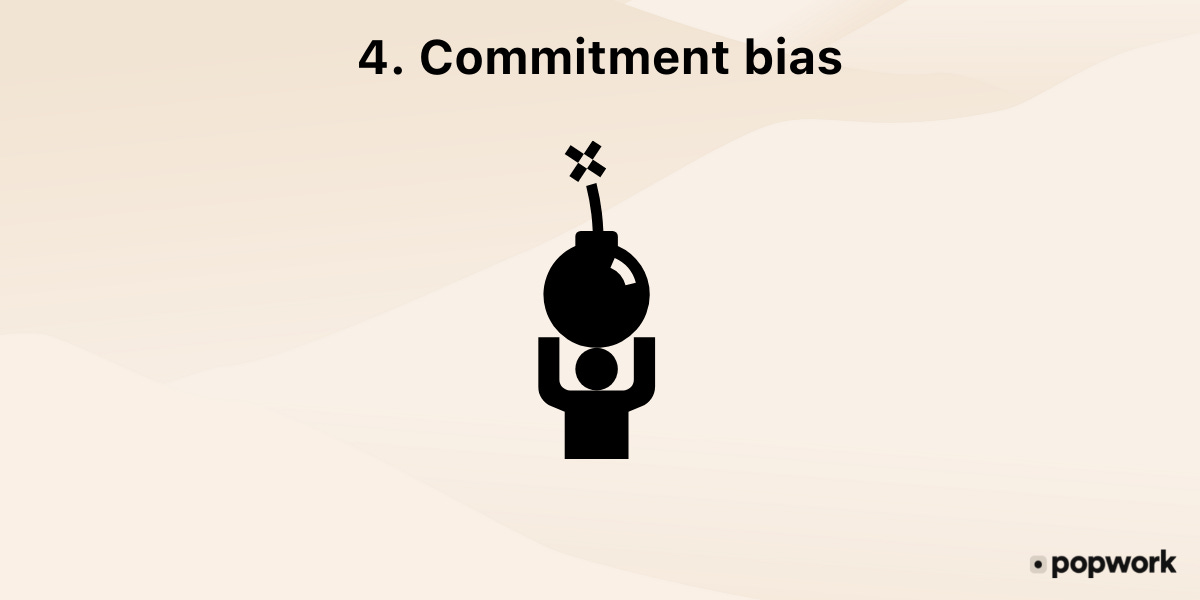Commitment Bias
What makes People Stay in Toxic Relationships and Environments
What makes people stay in toxic relationships and environments despite the immediate circumstances suggesting that they take a different path altogether?
This question has baffled social scientists and psychologists ever since the observation of people staying in toxic relationships was studied academically with a scientific perspective.
As humans, we tend to remain consistent in our actions and decisions over time for several reasons including avoiding social criticism and cognitive dissonance (unease), fear of an uncertain future, and the loss of already invested money, energy, and time.
An array of pseudo-rational justifications contribute to our inherent tendency to maintain the status quo and avoid changes in the environment and relationships despite evidence suggesting otherwise. We can safely assume that we the humans are not rational thinkers but generate rational justifications to support our deeply ingrained biases.
This bias of not letting go of a place, person, situation, or event on the presumption that we had already invested considerable time, effort, and money is termed as ‘Commitment Bias’ or escalation of commitment. Sometimes, the evidence to leave a particular situation, person, or place is so vehemently strong yet we still disregard the propositions and remain in the same situation.

The modern world encourages the notion of ‘fighter mentality’ where individuals depicting a strong commitment to cause amid hardships and unfavorable circumstances are praised for their strong mentality. Yet we completely neglect the idea that sometimes leaving a situation, person, or place without considering the past investment of resources in them might be beneficial for us in so many ways.
There are many examples of companies in the real world like Kodak, Nokia, BlackBerry, IBM, etc. that failed to get out of this commitment bias to venture onto the new exciting business opportunities. Eventually, they become a victim of their success or winning mentality and fail miserably.
Mostly, I end my article by summarizing and delivering the key takeaway.
However, today, I leave you open to deliberate on this commitment bias yourselves so that you can identify the areas where you have also become the victims of ‘escalation of commitment’.
Thanks,
Irfan Rashid

I feel these words are written only for me... But still i cant defeat commitment bias.Article is best good work and good analysis...